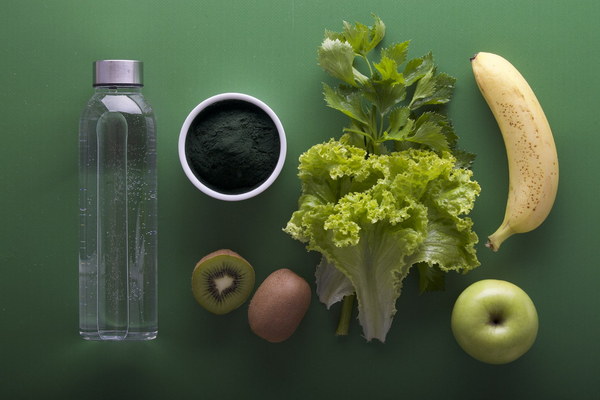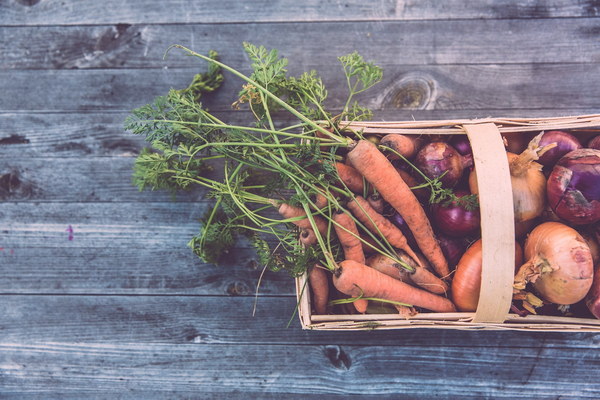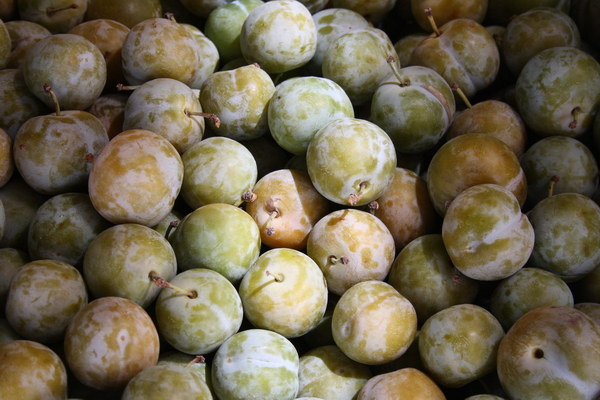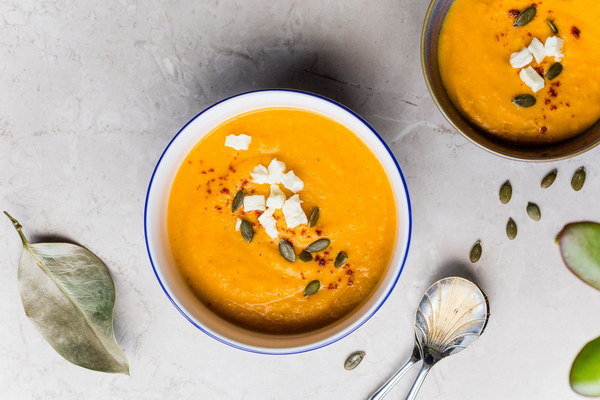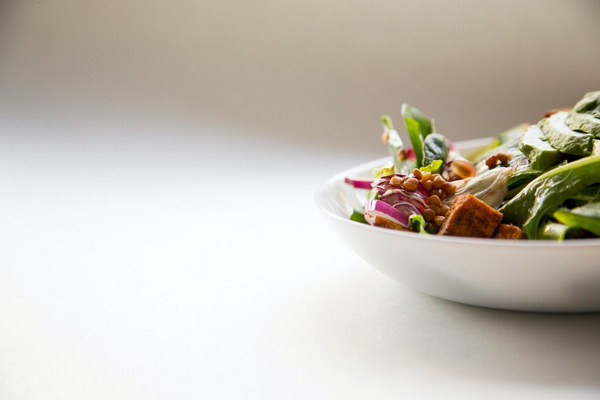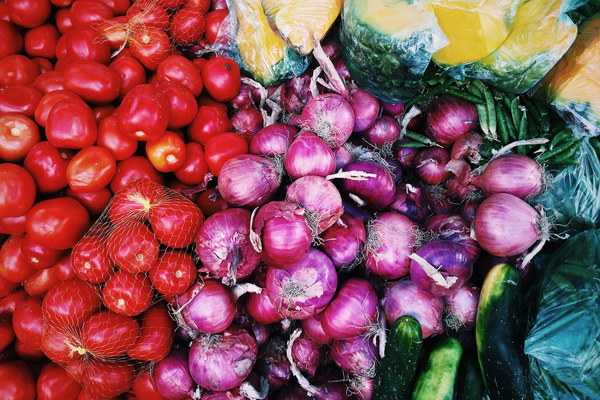Navigating the Quality of HealthBoosting Teas A Comprehensive Guide to Critics
In recent years, the popularity of health-boosting teas has surged, with more and more consumers seeking natural remedies to improve their well-being. However, with the abundance of options available, it can be challenging to discern which teas are genuinely effective and which are mere marketing hype. This article aims to provide a comprehensive guide to help you navigate the quality of health-boosting teas, ensuring that you can make informed choices for your wellness journey.
1. Source and Origin
The quality of a health-boosting tea often begins with its source and origin. Look for teas that come from reputable sources, such as organic farms or renowned tea-producing regions. For instance, Chinese green teas are renowned for their health benefits, while Japanese matcha is celebrated for its high L-theanine content. Moreover, teas that are harvested at the peak of their season tend to have more potent properties.
2. Ingredients
A quality health-boosting tea should have a clear and concise list of ingredients. Avoid products that contain unnecessary fillers, artificial additives, or excessive amounts of caffeine. It is also crucial to consider the specific benefits of each ingredient. For example, ginger is well-known for its anti-inflammatory properties, while turmeric is celebrated for its anti-oxidant and anti-cancer benefits.
3. Preparation and Usage
The way a tea is prepared and consumed can significantly impact its quality. Ensure that the tea is brewed using the recommended water temperature and steeping time. For instance, green teas should be brewed at a lower temperature (around 160°F or 70°C) to preserve their delicate flavors and nutrients. Additionally, some health-boosting teas, such as those with medicinal herbs, may require specific preparation methods to maximize their benefits.
4. Taste and Aroma
The taste and aroma of a health-boosting tea can provide valuable insights into its quality. A high-quality tea should have a balanced, pleasant taste and aroma, with no off-putting flavors or odors. It is also essential to consider whether the tea is naturally flavored or contains artificial additives. Opt for teas that are free from synthetic flavors, as these can diminish the health benefits of the tea.
5. Price
While it is essential not to judge a book by its cover, price can be a helpful indicator of quality. Health-boosting teas that are priced significantly lower than their competitors may be of lower quality or contain fillers. However, it is also important to be wary of overly expensive teas, as some producers may simply be capitalizing on the popularity of health-boosting teas without offering superior products.
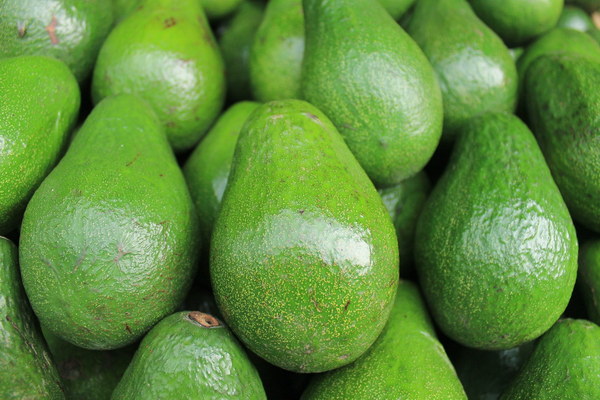
6. Certification and Reputation
When selecting a health-boosting tea, consider the certifications and reputation of the brand. Look for teas that have been certified organic, fair-trade, or from sustainable sources. Additionally, research the reputation of the brand, as reviews and testimonials from other consumers can provide valuable insights into the quality of their products.
In conclusion, evaluating the quality of health-boosting teas requires a careful consideration of various factors, including source and origin, ingredients, preparation, taste, price, and certification. By following this comprehensive guide, you can navigate the vast array of options available and make informed choices that support your health and wellness goals. Remember, the best health-boosting tea is one that not only provides the desired benefits but also aligns with your personal preferences and values.

